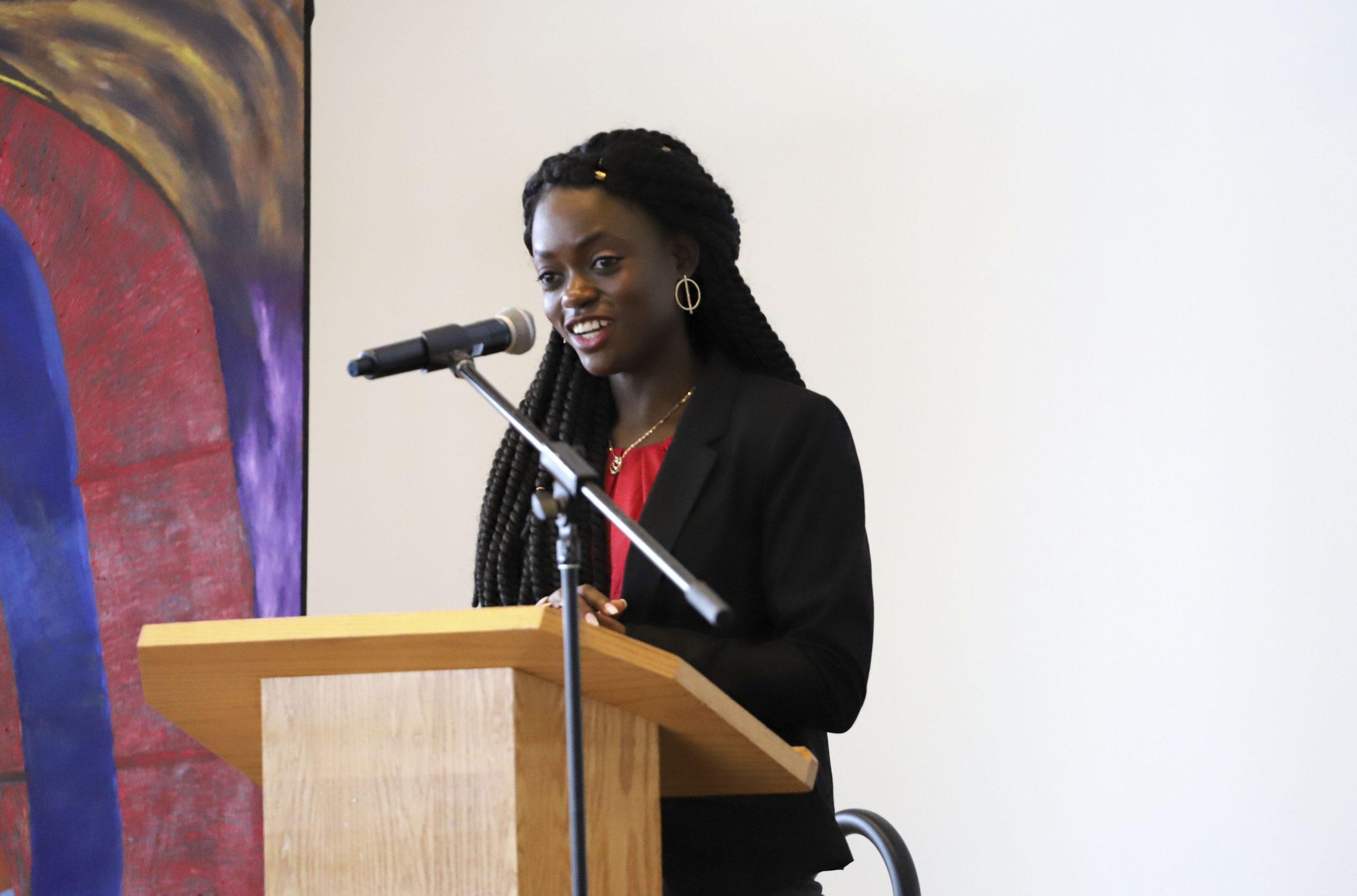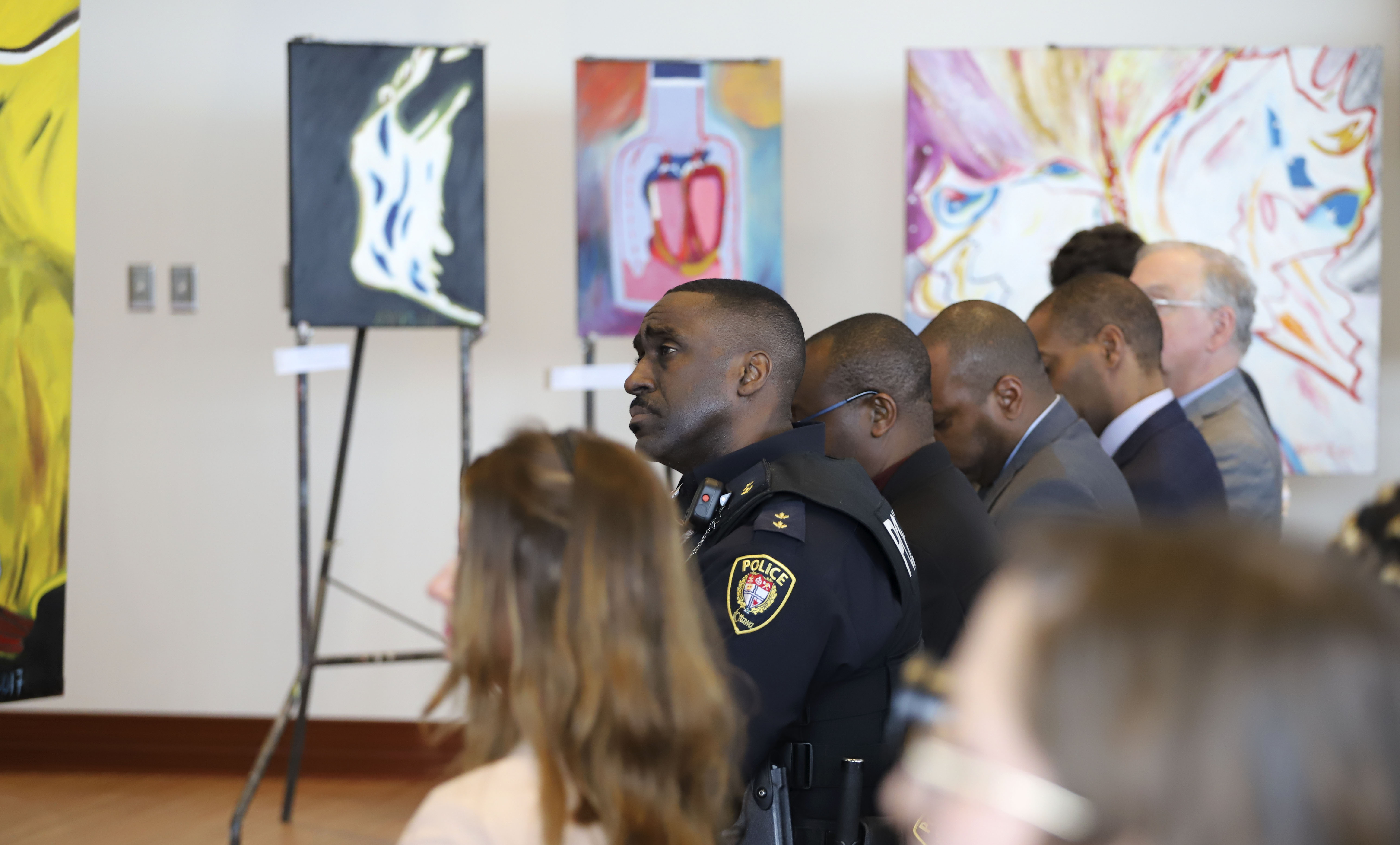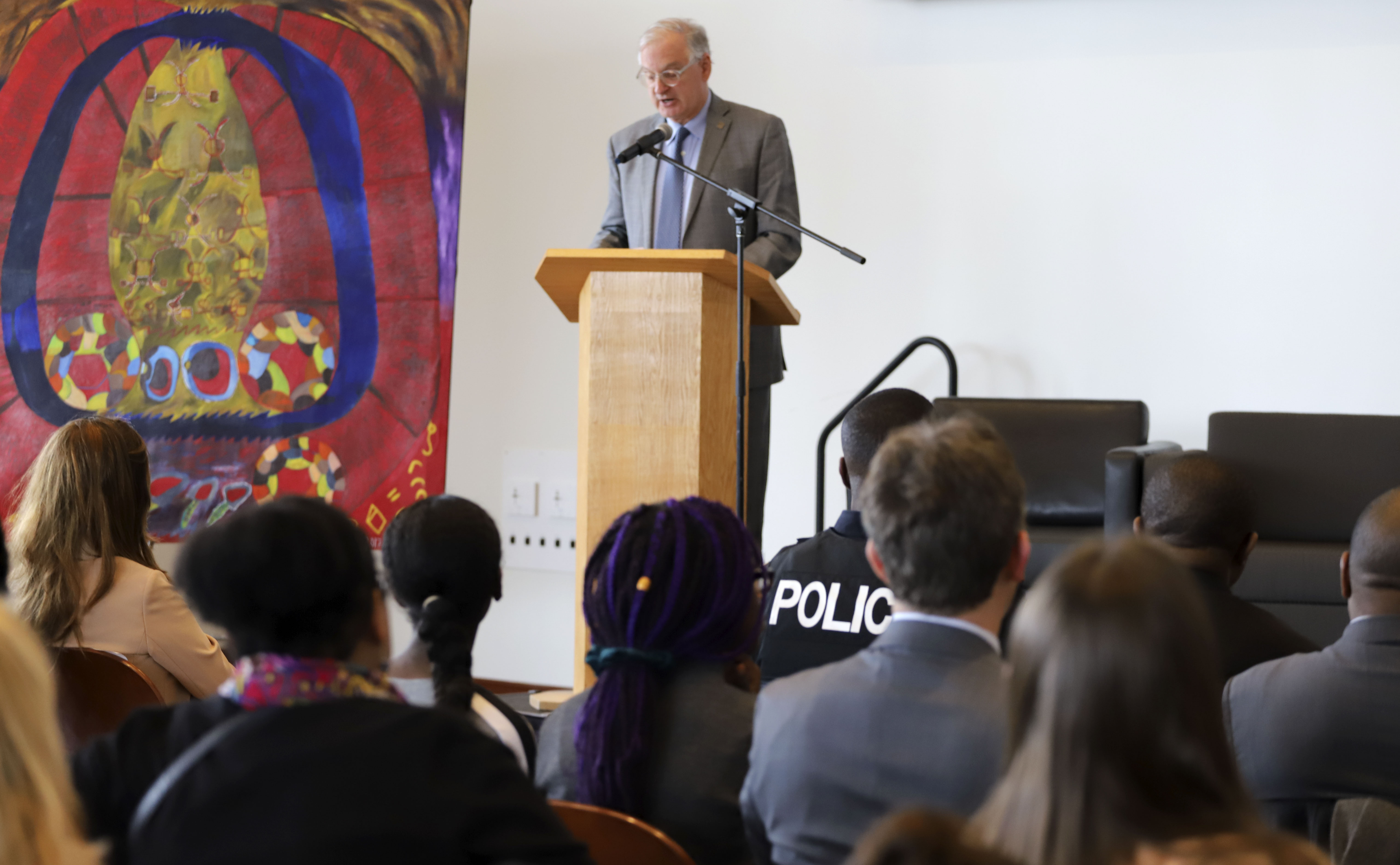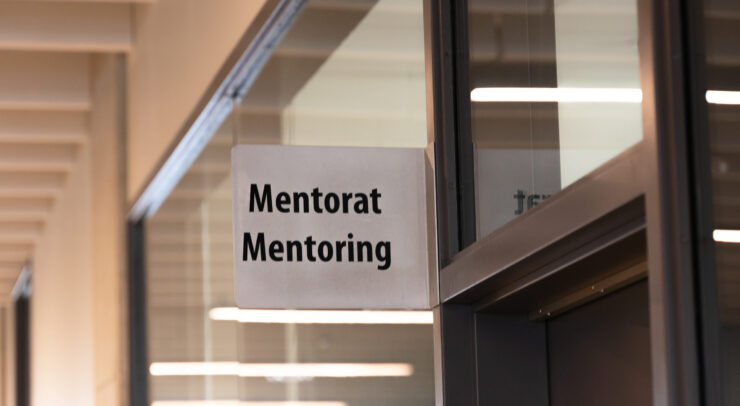Forum highlights barriers to accessing care, safe spaces for Black communities
The University of Ottawa hosted its first annual panel on Black mental health last Thursday, centred on how social environments such as school and the workplace impact the mental health of Black people through racism, stereotypes, and prejudices.
The event featured keynote speaker and McGill professor Dr. Myrna Lashley, MP for Hull-Aylmer Greg Fergus, Rideau-Rockcliffe Coun. Rawlson King, and U of O president Jacques Frémont.
The panel looked to raise awareness on Black mental health through the lens of the BComeHeal project, Mental Health of Black Communities in the National Capital Region: Evaluation, Prevention, and Intervention Tools, which is led by the Vulnerability, Trauma, Resilience & Culture Research Laboratory (V-TRaC) at the U of O.
“We have about 11,000 clients that come to our centre every year,” said Dr. Jude Mary Cénat, director of the V-TRaC. “Of those 11,000 (clients), about a quarter of them are members of the Black community. While we have mental health services at our centre, many, many members of the Black community are not accessing mental health services.”
Cénat said the struggle is often silent.
“(There are) misunderstandings about mental illness and barriers prevent individuals from accessing health or safe spaces,” said Cénat. “It makes dealing with depression, anxiety and other disorders increasingly more challenging and complicated.”
Cénat said the 2016 Canadian Community Health Survey, for example, studied Canadians who experienced a major depressive episode. It found that African and Caribbean people were 60 per cent less likely than white people to seek treatment.
Negative interactions with healthcare providers can also add to the barriers to accessing care — Black communities are recording some of the worst experiences in the healthcare system, according to the Canadian Community Health Survey.
For Sammy, a PhD student in the faculty of social sciences, “it’s about being able to relate to healthcare providers who would understand the struggle of race and racism.”
“I engage in difficult conversations; conversations that traditionally people won’t want to have,” said Sammy. “Because it affects not just my mental health well-being it affects my physical well-being.”
Keynote speaker Lashley said the panel was designed to serve many purposes.
“These gatherings are the emotional glue for continuity, ancestral links, support, identity, freedom, and most importantly, an opportunity to remove the mask if only for a prescribed amount of time,” said the McGill University professor.
There were many references to the book, “Black Skin, White Masks” by Frantz Fanon, who has had a profound impact on Black identity and critical race theory.
“The conversation within Black families needs to commence. We have not been good at having that conversation,” added Lashley. “These crossroads are grounded in historical foundations where ethnic norms are established causing psychological problems, physically and abstract, that extend for generations.”
“Because we don’t have the persons with whom we can exchange between, we can go and say, ‘this is happening to me,’ we cannot take off the mask,” said Lashley
“If we don’t understand, if we don’t speak, if we don’t discuss, if we don’t engage in the health experiences that Black communities are having, we’re not going to be able to support and treat people effectively,” added Lashley.
“I believe the lack of education in our community is the problem,” said Marie O. Remy, the president of Fabiola’s Addiction and Mental Health Awareness & Support Foundation.
“I have learned myself that (mental illness) is not something I should be ashamed of, but rather something that I should embrace,” said Remy. “If there’s one thing that I must say that truly saved my life, it’s that if ever you find yourself in a situation where you feel alone, it is OK to speak out.”
“Maybe that one time you speak out someone will hear you. So today I continue to take things day by day. And there’s a saying that I like to say to myself every morning: What’s broken can be mended, what’s hurt can be healed. And no matter how dark it gets, the sun is going to rise again.”











